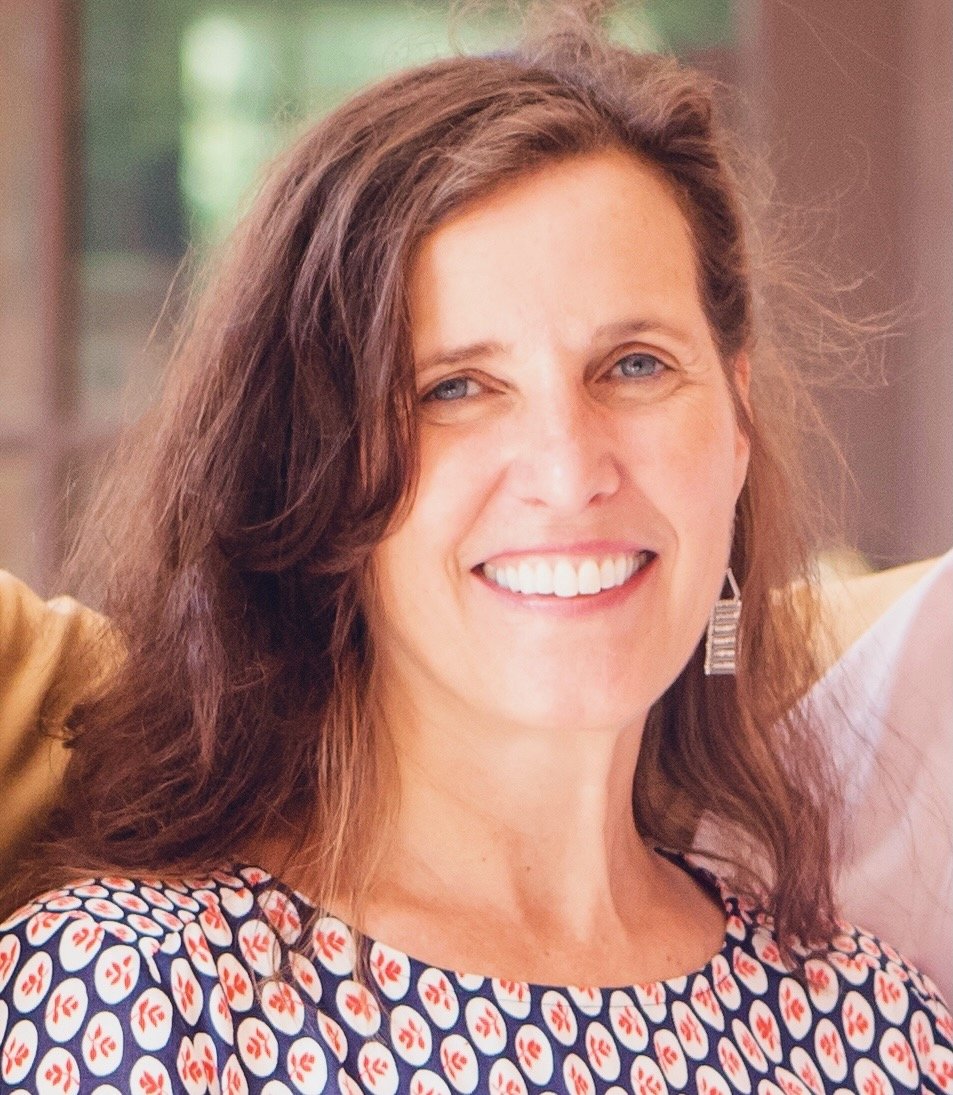How do we help children with overweight feel cared for, loved, and safe in this age of fat-shaming culture?
A recent study reported that children who are obese feel emotionally worse than children who are not, worse even than children who are undergoing chemotherapy for cancer.
A sad, yet true reality for so many children. If our children with overweight feel worse than a child with cancer—can we give each of them the same compassion to help ease their pain? How do we help children with overweight feel cared for, loved—safe. In this age of fat-shaming, weight bias, and bullying, how do we compassionately care for child with too much weight that we know during this epidemic? The negative impact that excess weight can have on children's physical health is well documented, however not much has been written for parents about how to lessen the impact of obesity on a child’s emotional and psychological health. And the information provided to parents on how best help children with their weight is often simplistic. “Eat less, move more”, for example. The topic is also often avoided by physicians because they may struggle to find the appropriate tone and language to address weight gain in children. Children with obesity often face weight-related stereotypes, social exclusion and discrimination. Often they experience bullying and insensitivity not just outside the home, but in it as well. When parents, even those with the best of intentions, attempt to address weight gain with their child, they may unintentionally contribute to feelings of depression, anxiety, low self-esteem and poor body image. We can do better by our children—we must—the consequences are too great—the risk of having even one child with overweight feel unloved, unsafe is unacceptable.
There are many adjectives we can use to describe human body types—I found just over 100 words we can use to think about our body type which means that there are many to choose from. So let’s decide how you would like to talk about your and your child’s body type. It is within your power to choose. It is within your power to share with people the words you have chosen—by people who do I mean and how does it work? People are your partner, your parents, your sister, your friends, your neighbors, your child’s teacher, your doctor—frankly anyone who comments on your or your child’s body type can be corrected and informed of your preference. For example, if someone refers to your child as thickset or chubby you can inform them that you prefer to speak about the positive things about your child body—she has strong arms or she has a beautiful eyes, or her legs are really flexible. By doing this you will be learning to do three important things:
- Learning how language affects your feelings—the power of words.
- Staying mindful of how you would like to talk about your body type and your child’s body type and demanding empathy and kindness for yourself and your child.
- Learning how to take unkind feelings or thoughts and begin to create environments where you and your child feel worthy of love and acceptance.
Consistency is essential in helping our children who are struggling with weight-related issues feel less alone, feel worthy of love and kind words.By changing the way we speak about our own body weight and size will directly affect how your child feels about their own weight and size. Setting boundaries within and outside the family about how body weight and size will be discussed will create the foundation from which you can create a loving, safe, and healthier environment for your child to grow and learn.
Below are just a few ideas of kind things to say to yourself and you child to begin to change how your family talks about weight and body size. I am sure you will be able to create kind things to say that will ring true with your self and your child.
Kind Things To Say To Yourself
- I will insist on empathy and kindness when discussing my body type.
- My body type is for me to determine not others.
- I may choose not to discuss my body type and that is okay.
- I may choose to focus on my health and not my size and that is okay.
Kind Things To Say To Your Child
- Just seeing you makes me smile. I am glad you are here.
- You are learning and growing—sometimes growing is fun and sometimes it is hard. I am here for you when it is fun and when it is hard.
- No one is perfect so lets be the best imperfect family we can be.
- I am so happy we are a family and that you are my child.
- I think you have the most beautiful **__

